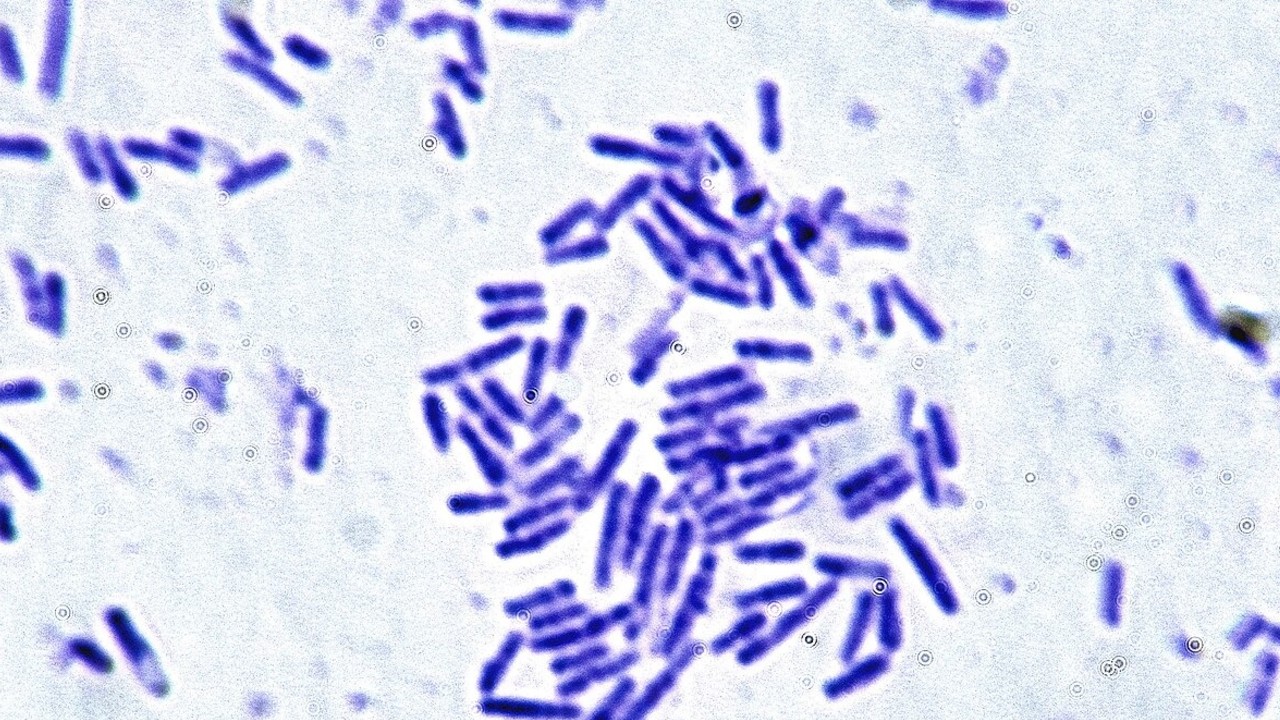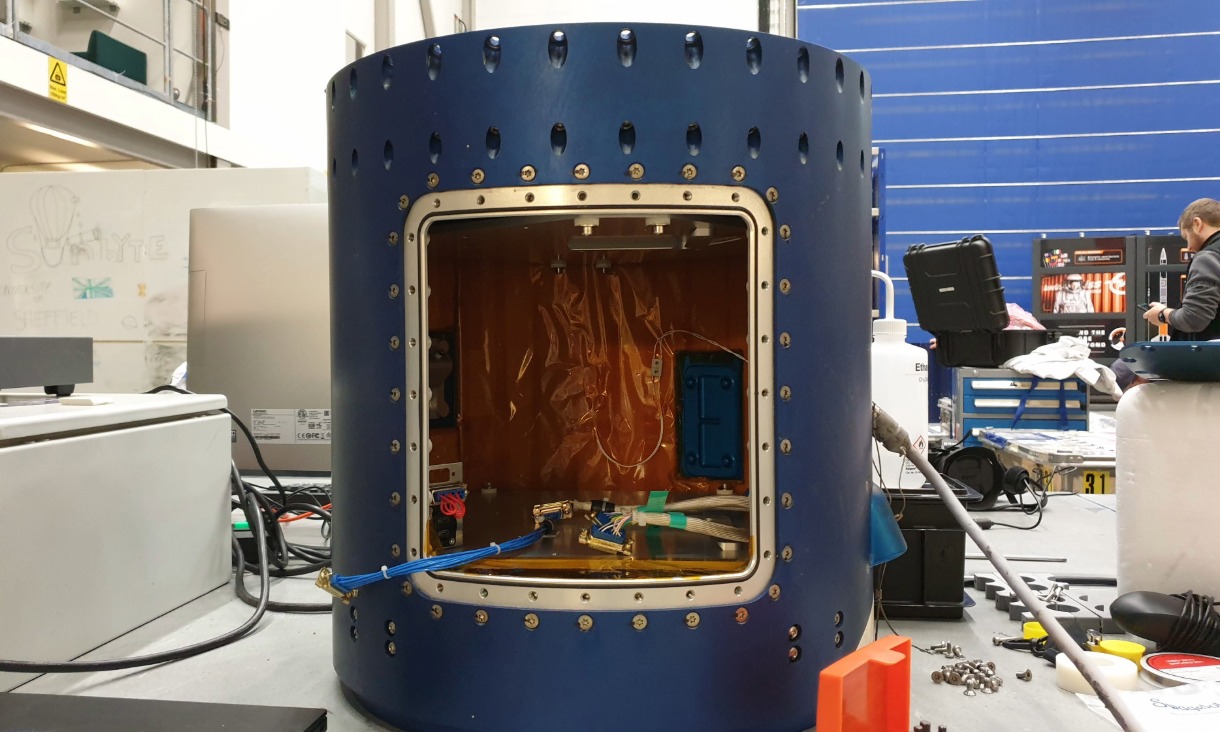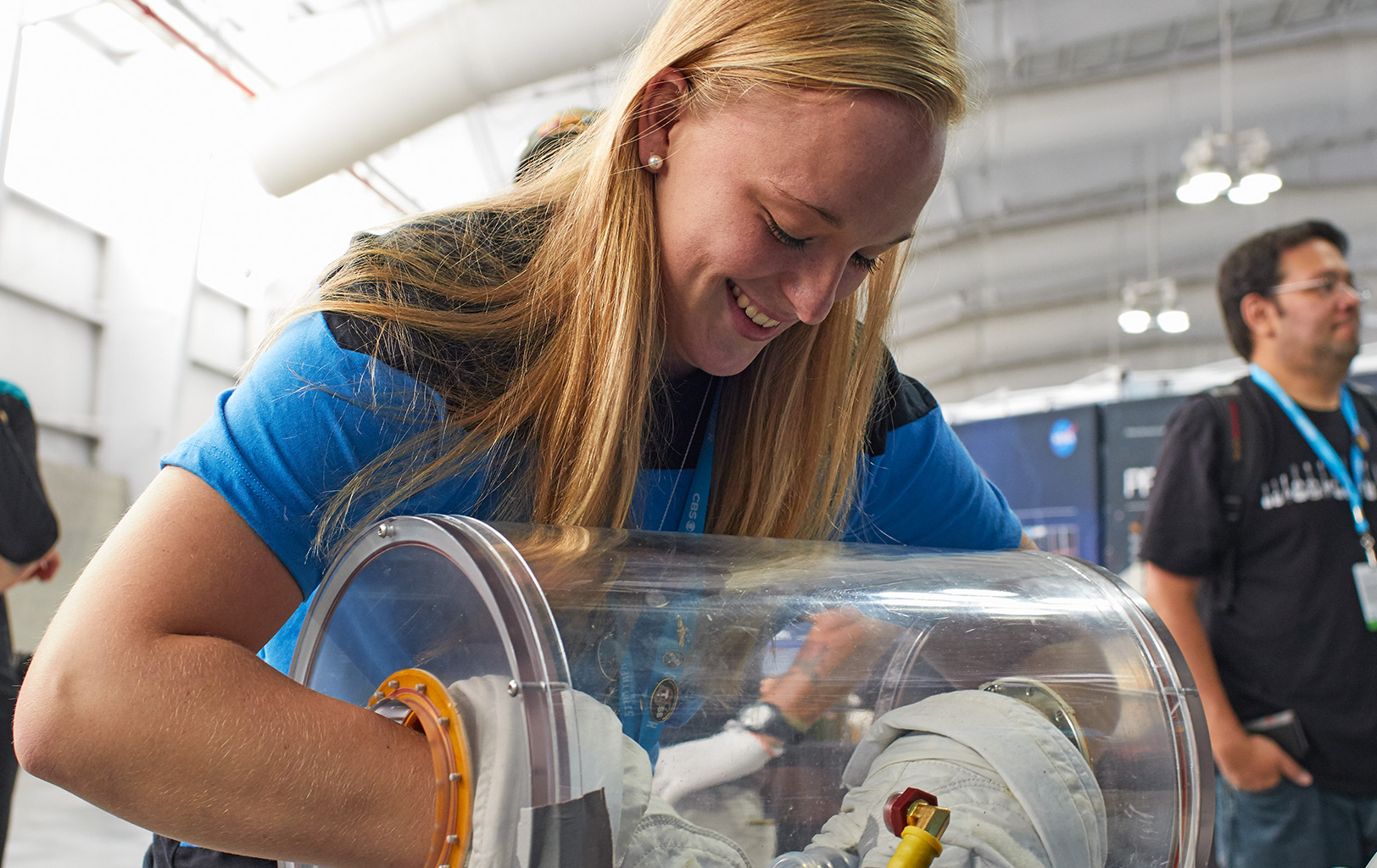Microbes essential for human health can survive the stress of spaceflight. That's great news for astronauts
Microbes essential for human health have proven resilient against the extreme forces of space travel, offering hope for maintaining astronaut well-being on future long-duration missions.

Breaking space news, the latest updates on rocket launches, skywatching events and more!
You are now subscribed
Your newsletter sign-up was successful
Want to add more newsletters?

Delivered daily
Daily Newsletter
Breaking space news, the latest updates on rocket launches, skywatching events and more!

Once a month
Watch This Space
Sign up to our monthly entertainment newsletter to keep up with all our coverage of the latest sci-fi and space movies, tv shows, games and books.

Once a week
Night Sky This Week
Discover this week's must-see night sky events, moon phases, and stunning astrophotos. Sign up for our skywatching newsletter and explore the universe with us!

Twice a month
Strange New Words
Space.com's Sci-Fi Reader's Club. Read a sci-fi short story every month and join a virtual community of fellow science fiction fans!
Microbes essential for human health have proven resilient against the extreme forces of space travel, offering hope for maintaining astronaut well-being on future long-duration missions.
Researchers from the Royal Melbourne Institute of Technology (RMIT) University in Australia sent spores of the bacterium Bacillus subtilis — a bacterium known to support the human immune system, gut health and blood circulation — in a 3D-printed microtube holder on a sounding rocket flight to test how they would fare under the stresses of launch, microgravity and reentry. Bacteria like B. subtilis will be vital for sustaining human life over decades — a necessity for establishing a presence beyond Earth, such as a future Mars colony.
The microbes were exposed to accelerations of up to 13 times Earth's gravity, a six-minute weightless period at around 162 miles (260 kilometers) altitude, and punishing decelerations reaching 30 g while spinning about 220 times per second during descent. After recovery, scientists found the structure of the spores showed no signs of damage and grew just as they would have on Earth, according to a statement from the university.
"Our research showed an important type of bacteria for our health can withstand rapid gravity changes, acceleration and deacceleration," Elena Ivanova, co-author of the study and professor from RMIT University, said in the statement. "It's broadened our understanding on the effects of long-term spaceflight on microorganisms that live in our bodies and keep us healthy. This means we can design better life support systems for astronauts to keep them healthy during long missions."
Astronauts rely on a healthy microbiome to help regulate digestion, immunity and overall well-being, especially during extended missions. Knowing that beneficial bacteria can survive the harsh transition phases of spaceflight suggests they could be carried safely on journeys to the moon, Mars and beyond.
This marks the first study to test how bacteria respond to the real conditions of spaceflight outside the lab, with findings that could help develop reliable and sustainable life support systems for waste recycling, food production and plant growth during future long-term space missions.

Microbes have previously been studied on the International Space Station (ISS), where spores have endured months in the airless vacuum of space and exposed to harsh radiation. What sets this experiment apart is its focus on the real stresses of a rocket flight from launch to landing. While B. subtilis spores are exceptionally hardy, the study offers a benchmark for testing other microbes more directly tied to human health and agriculture, the researchers said.
Breaking space news, the latest updates on rocket launches, skywatching events and more!
Understanding microbial resilience in harsh environments also has benefits on Earth, by helping scientists develop new antibacterial treatments and strategies to fight antibiotic-resistant bacteria, while offering fresh clues for the search for life on other planets.
"It could guide the development of more effective life-detection missions, helping us to identify and study microbial life forms that could thrive in environments previously thought to be uninhabitable," Ivanova said in the statement.
Their findings were published Oct. 6 in the journal npj Microgravity.

Samantha Mathewson joined Space.com as an intern in the summer of 2016. She received a B.A. in Journalism and Environmental Science at the University of New Haven, in Connecticut. Previously, her work has been published in Nature World News. When not writing or reading about science, Samantha enjoys traveling to new places and taking photos! You can follow her on Twitter @Sam_Ashley13.
You must confirm your public display name before commenting
Please logout and then login again, you will then be prompted to enter your display name.
